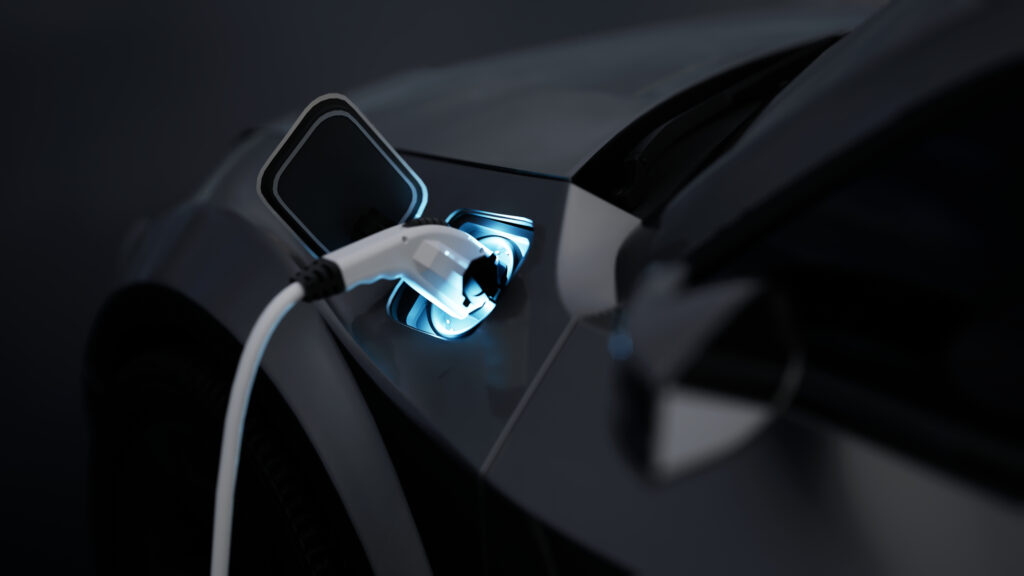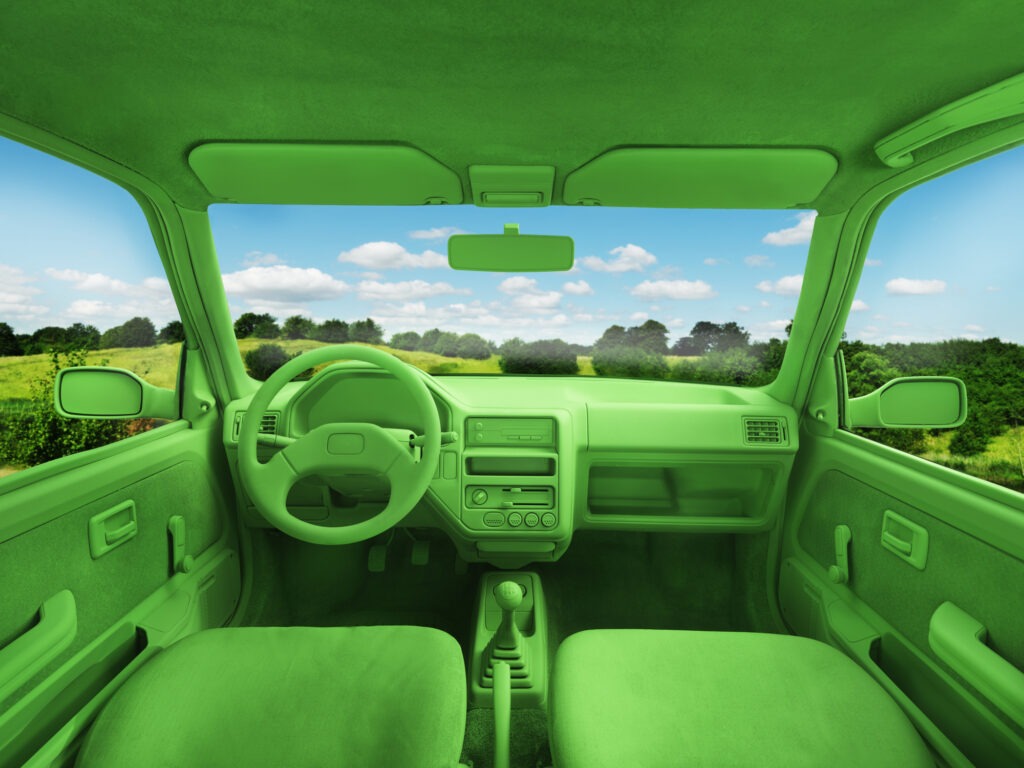The Automotive Update: European Commission launches new action plan
07 March 2025

The European Commission unveils a new automotive action plan, Trump exempts some manufacturers from tariffs, and carmakers launch mass-market models. Autovista24 special content editor Phil Curry explores the week’s biggest news stories.
A new European battery recycling project has big targets, Mercedes-Benz receives an important approval for automated vehicle testing, while an AI start-up expands its presence in Germany. Listen to these stories in the latest edition of The Automotive Update podcast from Autovista24.
Subscribe to the Autovista24 podcast and listen to previous episodes on Spotify, Apple and Amazon Music.
European Commission takes action
The European Commission has launched its new Industrial Action Plan for the EU’s automotive sector. The report covers several areas, designed to improve the region’s automotive market and make it more competitive globally.
The biggest talking point from the new plan is the increased flexibility on compliance for the latest CO₂ emissions targets. If adopted, the amendment will extend the compliance period from one year to three, meaning targets will be assessed in 2025, 2026 and 2027.
This allows carmakers to compensate for exceeding the fleet average limits in one or two of these years by overachieving in the remaining time.
Making ZEVs more attractive
The report also outlines plans to accelerate the uptake of zero-emission vehicles (ZEVs) in corporate fleets, with a separate document on this subject.
The Commission plans to make ZEVs more attractive through fiscal policy. This will be achieved either by reducing corporate benefits on traditional powertrain vehicles, or improving the treatment of zero-emission models. There are also opportunities to boost rental fleet uptake by increasing the number of charging points at airports.
Other areas highlighted by the action plan include legislation to make it easier for automotive third parties, such as repairers and insurance companies, to access vehicle data.
Proposals are also in place to increase the market’s competitiveness and supply-chain resilience, especially when it comes to battery manufacturing. In addition, the Commission also wants to grow the level of skilled workers in the industry.
Some OEMs, such as Stellantis, welcomed the announcement of the plan. ‘The flexibility introduced regarding CO₂ targets, with an extended compliance period, is a meaningful first step in the right direction to preserve the competitiveness of our sector while remaining faithful to the targets and committed to electrification,’ the company said in a statement.
‘It is now important that the proposed targeted amendment be turned into law quickly. This initiative, together with further support to targeted purchase and fiscal incentives, cheaper green energy and investment into charging infrastructure, can be a real accelerator in the ramp up towards electrification,’ added Stellantis.
Trump’s tariff exemption
US President Donald Trump will exempt some carmakers from his plans to enforce tariffs of 25% on all goods coming from Mexico and Canada, which began this week. The tariff exemption is for cars made in North America that comply with the continent’s existing free trade agreement, according to the BBC.
White House press secretary Karoline Leavitt said the president had supported a one-month exemption to the tariffs for the car industry after pleas from Ford, General Motors and Stellantis. The three carmakers have supply chains that stretch across North America.
The free-trade deal was negotiated by Trump in his first term as president. It outlines rules for how much of a car must be made in each country to qualify as duty-free. Meanwhile, Reuters reported that carmakers would have to increase vehicle prices if they are subjected to the 25% tariffs.
‘All carmakers will be impacted by these tariffs on Canada and Mexico,’ said John Bozzella, who heads the Alliance for Automotive Innovation, which represents most major manufacturers in the US.
New European models
Volkswagen has revealed the affordable ID. Every1 concept car. The model is planned to retail at €20,000 and is an entry-level battery-electric vehicle that will go into production in 2027.
The production version of the ID. Every1 will be the first model in the entire Volkswagen Group to use a fundamentally new software architecture. This allows the model to be equipped with new functions throughout its entire life cycle.
The carmaker says it plans to unveil nine new models by 2027, including four electric vehicles (EVs), based on the new architecture.
Meanwhile, Audi revealed the new A6 Avant. According to the marque, the model is more dynamic, efficient and digital than ever. It features the company’s mild-hybrid plus system and an aerodynamic drag coefficient of 0.25, giving it improved performance.
Volvo launched its ES90 model this week. It is the first Volvo car featuring 800-volt technology, enabling a longer range and faster charging. The ES90 can add 300 kilometres of range in just 10 minutes at 350 kW fast charging stations. It has a total driving range of up to 700 kilometres, under the WLTP testing cycle.
MG has teased its upcoming S5 EV, an electric SUV due to arrive in Spring 2025. It is built on the carmaker’s Modular Scalable Platform. According to the company, the model also features a reimagined premium cabin.
European autonomous advancements
Mercedes-Benz has received approval for special marker lights as part of its automated driving tests in Germany. This authorisation is valid nationwide for testing purposes and is initially limited until July 2028.
The turquoise exterior lighting, now permitted by special exemption, indicates to other road users whether the conditionally automated driving function is activated. This also allows traffic authorities and police to recognize the system status more easily. Furthermore, it can be used to determine whether the driver is allowed to engage in other activities if the function is being used.
The exemption, granted by the Stuttgart Regional Council, is initially valid for testing purposes. Insights gained from this initial phase can contribute to shaping the legal framework that will later enable series production.
Meanwhile, AI autonomous technology company Wayve is extending its global footprint in mainland Europe. The business is launching an on-road testing and development hub in Germany. The company is also deploying a new test-vehicle fleet.
The testing and development hub will focus on improving Advanced Driver Assistance System features. This includes lane change assistance and advancing automated driving capabilities for future production-ready solutions.
Improving battery recycling
BeyondBattRec, a new EU project, has brought 12 partners together to work on innovative battery recycling technologies under the leadership of Aalborg University. The project was launched at the end of 2024 and will run for four years.
The aim is to recover 95% of critical metals from electric vehicle batteries. This includes cobalt, nickel and copper. It also wants to improve the scalability of industrial applications. Furthermore, the participants are also aiming to reuse over 70% of the battery weight, reduce CO₂ emissions by 50% and recover 95% of non-metallic parts.




